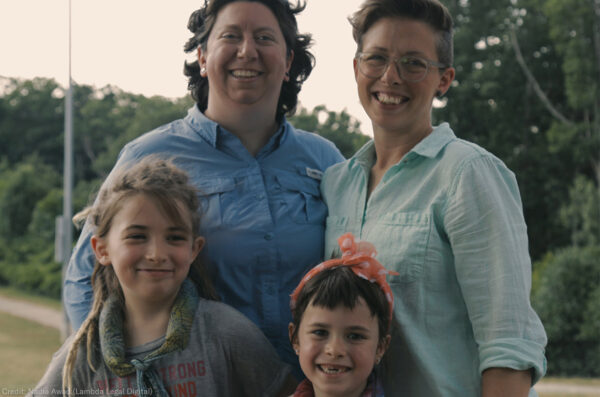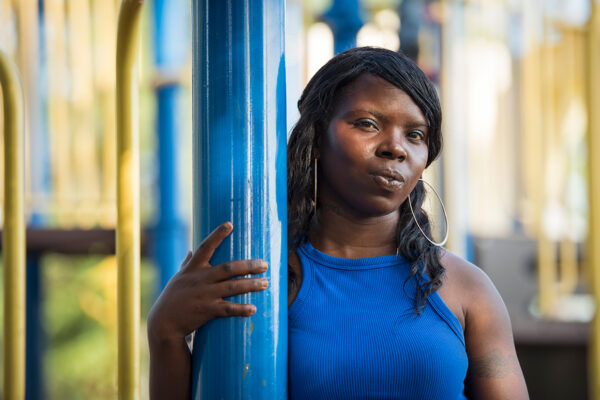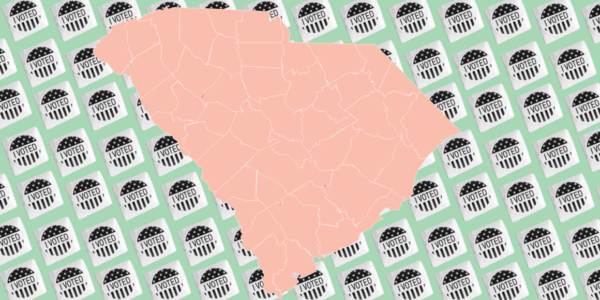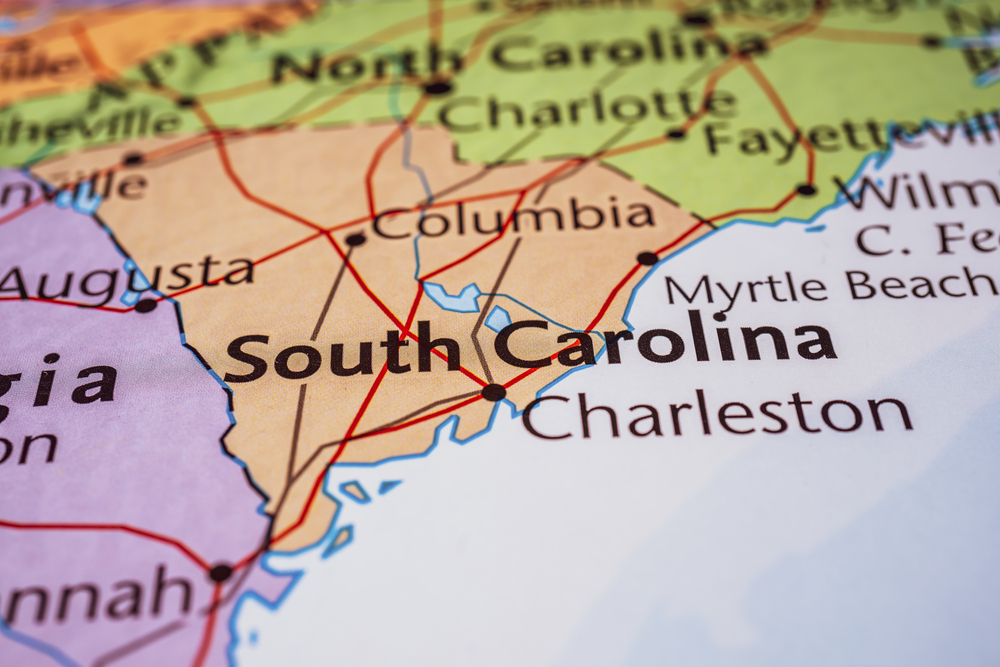South Carolina
Alexander v. South Carolina State Conference of the NAACP (Congressional Map Challenge)
South Carolina unlawfully assigned voters to congressional districts based on their race and intentionally discriminated against Black voters in violation of the Equal Protection Clause.
Status: Closed (Dismissed)
View Case
Visit ACLU of South Carolina
All Cases
17 South Carolina Cases

South Carolina
Nov 2023
LGBTQ Rights
Rogers v. Health and Human Services
Eden Rogers and Brandy Welch were turned away by a government-funded foster care agency for failing to meet the agency’s religious criteria which exclude prospective foster parents who are not evangelical Protestant Christian or who are same-sex couples of any faith.
Explore case
South Carolina
Nov 2023

LGBTQ Rights
Rogers v. Health and Human Services
Eden Rogers and Brandy Welch were turned away by a government-funded foster care agency for failing to meet the agency’s religious criteria which exclude prospective foster parents who are not evangelical Protestant Christian or who are same-sex couples of any faith.

South Carolina
Mar 2023
Smart Justice
Racial Justice
Brown v. Lexington County, et al
This case is part of a nationwide fight against criminalization of poverty and, specifically, debtors' prisons. On June 1, 2017, the ACLU's Racial Justice Program, the ACLU of South Carolina, and Terrell Marshall Law Group PLLC filed a federal lawsuit challenging the illegal arrest and incarceration of indigent people in Lexington County, South Carolina, for failure to pay fines and fees, without determining willfulness or providing assistance to counsel. Those targeted by this long-standing practice could avoid jail only if they paid the entire amount of outstanding court fines and fees up front and in full. Indigent people who were unable to pay were incarcerated for weeks to months without ever seeing a judge, having a court hearing, or receiving help from a lawyer. The result was one of the most draconian debtors’ prisons uncovered by the ACLU since 2010.
Explore case
South Carolina
Mar 2023

Smart Justice
Racial Justice
Brown v. Lexington County, et al
This case is part of a nationwide fight against criminalization of poverty and, specifically, debtors' prisons. On June 1, 2017, the ACLU's Racial Justice Program, the ACLU of South Carolina, and Terrell Marshall Law Group PLLC filed a federal lawsuit challenging the illegal arrest and incarceration of indigent people in Lexington County, South Carolina, for failure to pay fines and fees, without determining willfulness or providing assistance to counsel. Those targeted by this long-standing practice could avoid jail only if they paid the entire amount of outstanding court fines and fees up front and in full. Indigent people who were unable to pay were incarcerated for weeks to months without ever seeing a judge, having a court hearing, or receiving help from a lawyer. The result was one of the most draconian debtors’ prisons uncovered by the ACLU since 2010.

South Carolina
Feb 2023
Juvenile Justice
+2 Issues
CYAP v. Wilson
The American Civil Liberties Union filed a federal lawsuit challenging South Carolina’s “disturbing schools” and “disorderly conduct” laws. The laws allowed students in school to be criminally charged for normal adolescent behaviors including loitering, cursing, or undefined “obnoxious” actions on school grounds and encouraged discriminatory enforcement against Black students and students with disabilities. The Fourth Circuit Court of Appeals affirmed the district court ruling that enforcing these laws against students was unconstitutional, affirming that subjecting students to criminal penalties under such vague rules interferes with their education and their future, and produces stark racial disparities. This decision should be instructive to the many school districts across the country where students continue to be charged with ‘disorderly conduct’ and similar vague crimes.
Explore case
South Carolina
Feb 2023

Juvenile Justice
+2 Issues
CYAP v. Wilson
The American Civil Liberties Union filed a federal lawsuit challenging South Carolina’s “disturbing schools” and “disorderly conduct” laws. The laws allowed students in school to be criminally charged for normal adolescent behaviors including loitering, cursing, or undefined “obnoxious” actions on school grounds and encouraged discriminatory enforcement against Black students and students with disabilities. The Fourth Circuit Court of Appeals affirmed the district court ruling that enforcing these laws against students was unconstitutional, affirming that subjecting students to criminal penalties under such vague rules interferes with their education and their future, and produces stark racial disparities. This decision should be instructive to the many school districts across the country where students continue to be charged with ‘disorderly conduct’ and similar vague crimes.

South Carolina
May 2022
Voting Rights
South Carolina State Conference of the NAACP v. Alexander (State House Map Challenge)
This case -- part of a broader challenge to South Carolina's redistricting after the 2020 Census -- involved a racial gerrymandering claim against the State's House district lines. Plaintiffs the South Carolina State Conference of the NAACP and an individual voter challenged the drawing of 29 specific districts as unconstitutional racial gerrymanders. In May 2022, the parties settled their dispute over State House maps, which resulted in redrawn districts in Dillon, Horry, Kershaw, Orangeburg, and Richland counties.
Explore case
South Carolina
May 2022

Voting Rights
South Carolina State Conference of the NAACP v. Alexander (State House Map Challenge)
This case -- part of a broader challenge to South Carolina's redistricting after the 2020 Census -- involved a racial gerrymandering claim against the State's House district lines. Plaintiffs the South Carolina State Conference of the NAACP and an individual voter challenged the drawing of 29 specific districts as unconstitutional racial gerrymanders. In May 2022, the parties settled their dispute over State House maps, which resulted in redrawn districts in Dillon, Horry, Kershaw, Orangeburg, and Richland counties.
